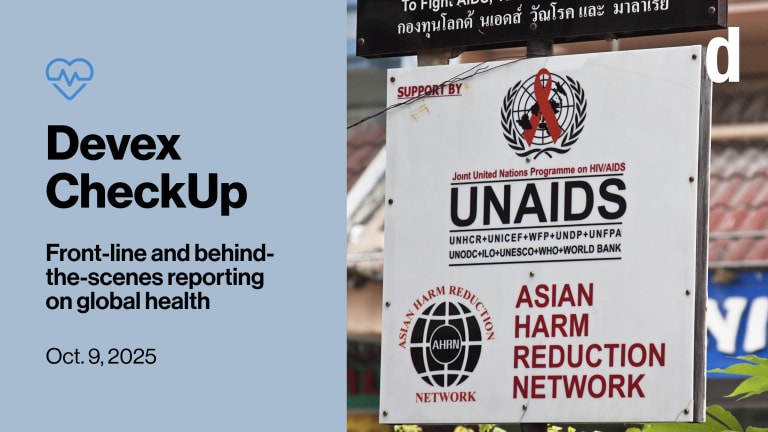
By Alvin Mosioma, director of the Tax Justice Network in Africa and a regional representative of the Task Force on Financial Integrity and Economic Development
When I tell fellow Kenyans that my job concerns taxes, they usually say, “Oh, so you work for the government.”
When I say no, they ask if I work for one of the “Big Four” accounting firms, but once again they are mistaken. I then tell them that I work for a civil society organization (what you might call an NGO or nonprofit) and nine times out of ten they look very confused. They are unaccustomed to thinking about tax as something one would campaign for. This is a mistake.
When implemented correctly, not only does taxation raise funds for a country’s necessities, but it can be the tool that holds government accountable to its citizens.
Kenya gained independence about two centuries after the United States. At the time, we were very poor and lacked adequate infrastructure to properly take care of our people. This is why, like so many other developing countries today, we continue to rely on foreign aid to finance much of our education, health care and other basic needs. And that is why our leaders must often look first to please foreign entities instead of the people who elected them – as they say, “he who pays the piper calls the tune.”
But it is human nature to want to be self-sufficient. And so, while we appreciate foreign support, we aspire one day to finance our needs from income generated domestically. An equitable tax system that includes everyone, from the smallest vendor to the biggest multinational corporation, is an essential first step if we are to one day raise enough money while remaining a democratic society.
It is the prevailing idea that developing countries are too poor to build capital and that their best bet for building infrastructure is to attract foreign direct development. Yet taxation, at a ratio relative to income - which can literally mean pennies - is crucial as it can go a long way towards advancing democratic accountability.
In addition, we have seen many successful examples from older democracies of tax measures that can positively influence social behavior – everything from buying a house or saving for education to quitting smoking or curtailing pollution.
There are, however, a number of challenges.
Our government leaders, like so many around the globe, appear to have little trouble cutting spending on public projects, but struggle to push through revenue expansion policies – especially if it means raising taxes on big businesses (which is ironic as big business has profited so successfully from government infrastructure). Instead, tax incentives meant to attract foreign investment and keep large corporations at home almost invariably lead to revenue loss – as was the case in my country for many years. If we are not able to tax those who turn a profit by using our natural resources, how will we ever manage to forgo foreign aid?
As if that weren’t bad enough, Kenya also suffers from the “offshore” plague, where our wealthiest citizens – as well as a growing number of foreign multi-national corporations – move their money to low-tax jurisdictions, thereby paying little to no tax in either the place of production or consumption. This money rarely returns to Kenya, primarily because this is not where the people who run the companies live.
When the rich are able to avoid paying their fair share of taxes, government must rely on the rest of its citizens to fill its coffers. In Africa, we see a move towards gathering value-added tax, which results in price hikes on basic necessities the poor can barely afford, such as food, health care and education (an example of the poor being taxed even if it is not via income tax, akin to those 47 percent of Americans Mitt Romney famously referred to).
In his first weekly address of 2013, U.S. President Barack Obama said: “The wealthiest individuals and the biggest corporations shouldn’t be able to take advantage of loopholes and deductions that aren’t available to most Americans.”
This applies to people around the world. We all deserve to benefit from fair and equitable taxation.
Join the Devex community and access more in-depth analysis, breaking news and business advice – and a host of other services – on international development, humanitarian aid and global health.








